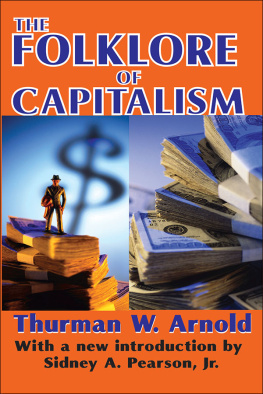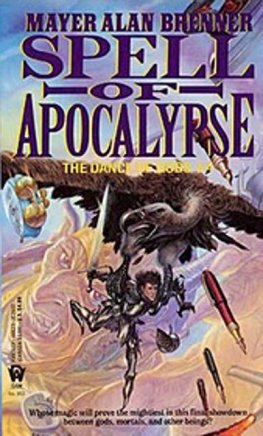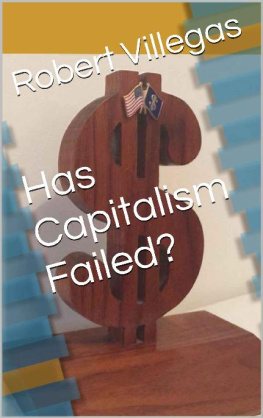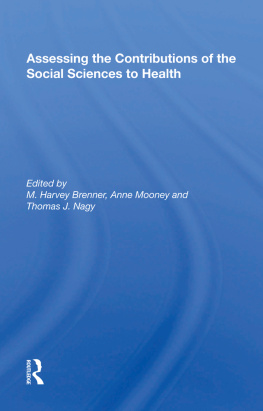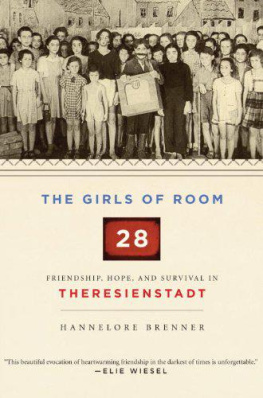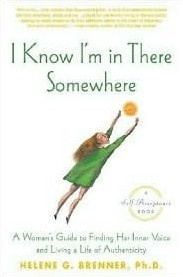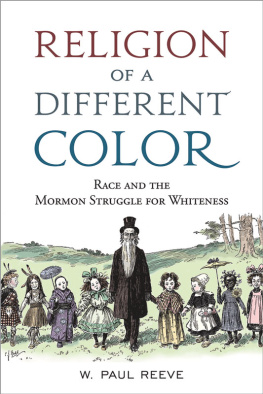Originally published in 1937 by Yale University Press
Published 2010 by Transaction Publishers
Published 2017 by Routledge
2 Park Square, Milton Park, Abingdon, Oxon OX14 4RN
711 Third Avenue, New York, NY 10017, USA
Routledge is an imprint of the Taylor & Francis Group, an informa business
New material this edition copyright 2010 by Taylor & Francis.
All rights reserved. No part of this book may be reprinted or reproduced or utilised in any form or by any electronic, mechanical, or other means, now known or hereafter invented, including photocopying and recording, or in any information storage or retrieval system, without permission in writing from the publishers.
Notice:
Product or corporate names may be trademarks or registered trademarks, and are used only for identification and explanation without intent to infringe.
Library of Congress Catalog Number: 2009031576
Library of Congress Cataloging-in-Publication Data
Arnold, Thurman Wesley, 1891-1969.
The folklore of capitalism / Thurman W Arnold ; with a new introduction by Sidney A. Pearson, Jr.
p. cm.
Originally published: New Haven, Yale university press, 1937.
Includes index.
ISBN 978-1-4128-1037-1
1. United StatesEconomic conditions--1918-1945. 2. Capitalism.
I. Title.
HC106.A684 2009
330.122--dc22
2009031576
ISBN 13: 978-1-4128-1037-1 (pbk)
Thurman Arnolds Defense of the New Deal: The Folklore of Liberalism
Sidney A. Jr. Pearson
T HERE is any number of reasons that might be advanced as to why it is appropriate to reread, or perhaps to read for the first time, Thurman Arnolds The Folklore of Capitalism (1937). But the primary reason, and the reason that is to be explored here, is that it is one of the links necessary to better understand the nature of the liberal-progressive tradition in American politics that is the dominant tradition in at least the academic world. The fact that this reading of Arnold is also part of how to understand the presidency of Franklin Roosevelt and the New Deal only serves to complicate such an analysis for two reasons. First, is the iconic status of both President Roosevelt and the New Deal among scholars who have inherited the liberal-progressive paradigm. And as with religious icons that become objects of veneration, the veneration so many intellectuals have invested in the New Deal can make even a sympathetic critique seem to the true believer as heresy at best or apostasy at worse. Second, there is the particular characteristic of the liberal-progressive paradigm that tends to reduce political categories to something else: categories such as economics, psychology, or sociological variables such as race, class, and gender, for example. It is this second characteristic of the liberal-progressive tradition, its reductionism tendencies, that presents the major problem in interpreting The Folklore of Capitalism.
The modern liberal-progressive tradition in American politics has its origins in the Progressive Movement of the late nineteenth and early twentieth centuries. Its intellectual founders included Woodrow Wilson, Herbert Croly, Charles Beard, Frank Goodnow, and others who must be counted as among the best and the brightest public intellectuals of their day. The political science authored by these scholars and popular writers had no tenet more pronounced than their dramatic break with the political science of the original founders of the American regimesuch as Thomas Jeffersons natural rights arguments in the Declaration of Independence and political science of The Federalist, for example. This foundational critique of the founders involved a paradigm of historical-political interpretation that tended to reduce political science to foundational arguments of economics, sociological categories, or psychology. It is therefore one of the oddities of this paradigm that, however significant any of these other variables may be in their own right, the most intense political debates are typically interpreted as being about something other than politics in any sense that the American founders would have recognized. Exactly how the liberal-progressive tradition developed out of the arguments of Woodrow Wilson and others, for example, and acquired its reductionism characteristics, requires a painstaking analysis of the myriad of unique and individual authors who have helped to develop this tradition through their own particular contributions: the unity is the critique of the founders while the various forms of reduction arguments provide the diversity. But whatever the particular form of reduction, the consequence was a tendency to ignore or obscure the Constitution as an organizing principle and to substitute a kind of constitutional illiteracy.
It is in this context that the work of Thurman Arnold de-serves a close scrutiny. He wrote as a New Deal insider whose aim was to elaborate a science of government and politics that would both confirm the validity of the liberal-progressive paradigm as well as transcend the particulars of the New Deal itself. His significance in the development of the liberal-progressive tradition is how he understood the relationship of a theory of government to the practice of government in a way that the Wilsonian generation did not quite achieveperhaps because most of their theoretical work was done before the election of Wilson as president. And there were few defenders of the New Deal and its politics more widely respected in his own day that Thurman Arnolds Folklore of Capitalism: it touched a nerve at least as much as it touched the intellect. What he did was to take the notion that the study of practical politics was, at bottom, about psychological symbols of political, economic, and social reality. Further, he embodied the conviction that these symbols could be rationally manipulated by those intellectuals who understood this reality. Such was the real essence of pragmatic liberalism as he understood it. In the way he made this argument, Arnolds work has contributed to the later development of the liberal-progressive tradition in ways that were not necessarily obvious at the time, however obvious they may seem in retrospect. Understanding his argument and its consequences is part of putting together the mosaic that is the American liberal-progressive tradition.
Background
T HURMAN Arnold was born in Laramie, Wyoming in 1891 when Wyoming was still considered the Wild West: enough of the Wild West to make it the setting for Owen Wisters classic novel of the west The Virginian (1902). The place of birth is worth noting because Arnold has been compared to a cross between Voltaire and a cowboy, with the cowboy predominating. To the extent that this is an accurate description, we can say at the outset that Arnold seems to have come to both qualities naturally. Arnold was the son of a prosperous lawyer and cattle rancher who had once been a Christian missionary in Africa and later a Presbyterian minister in Laramie. In 1907 young Thurman left for the east to enroll in Princeton University where he graduated Phi Beta Kappa in 1911. After graduation he entered Harvard Law School where, as he later recalled, he discovered that while he had been enrolled at Princeton it was only at Harvard that he had actually been educated. The droll wit of that observation is one of the hallmarks of his writing.


